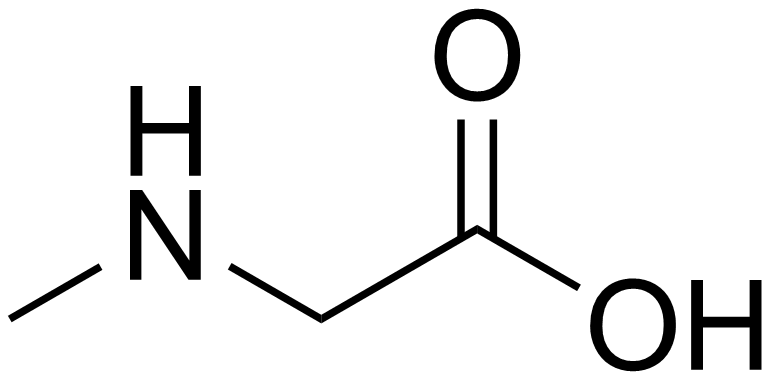Sarcosinemia

Sarcosinemia is a rare inborn error of metabolism characterized by an increased level of the amino acid sarcosine in the blood and urine. It is reportedly most likely benign, unrelated to significant signs or symptoms. A number of children have been detected by newborn screening and have remained symptom-free. Some reports have associated sarcosinemia with various symptoms including intellectual disability and other neurologic problems; growth failure; enlarged liver; cardiomyopathy; vision or hearing problems; and skeletal abnormalities. However, whether symptoms were attributable to sarcosinemia or were coincidental is controversial. Sarcosinemia is sometimes caused by mutations in the SARDH gene and is inherited in an autosomal recessive manner. It may also occur in some people with glutaric acidemia type II or severe folic acid deficiency. In some cases, the cause is unknown.